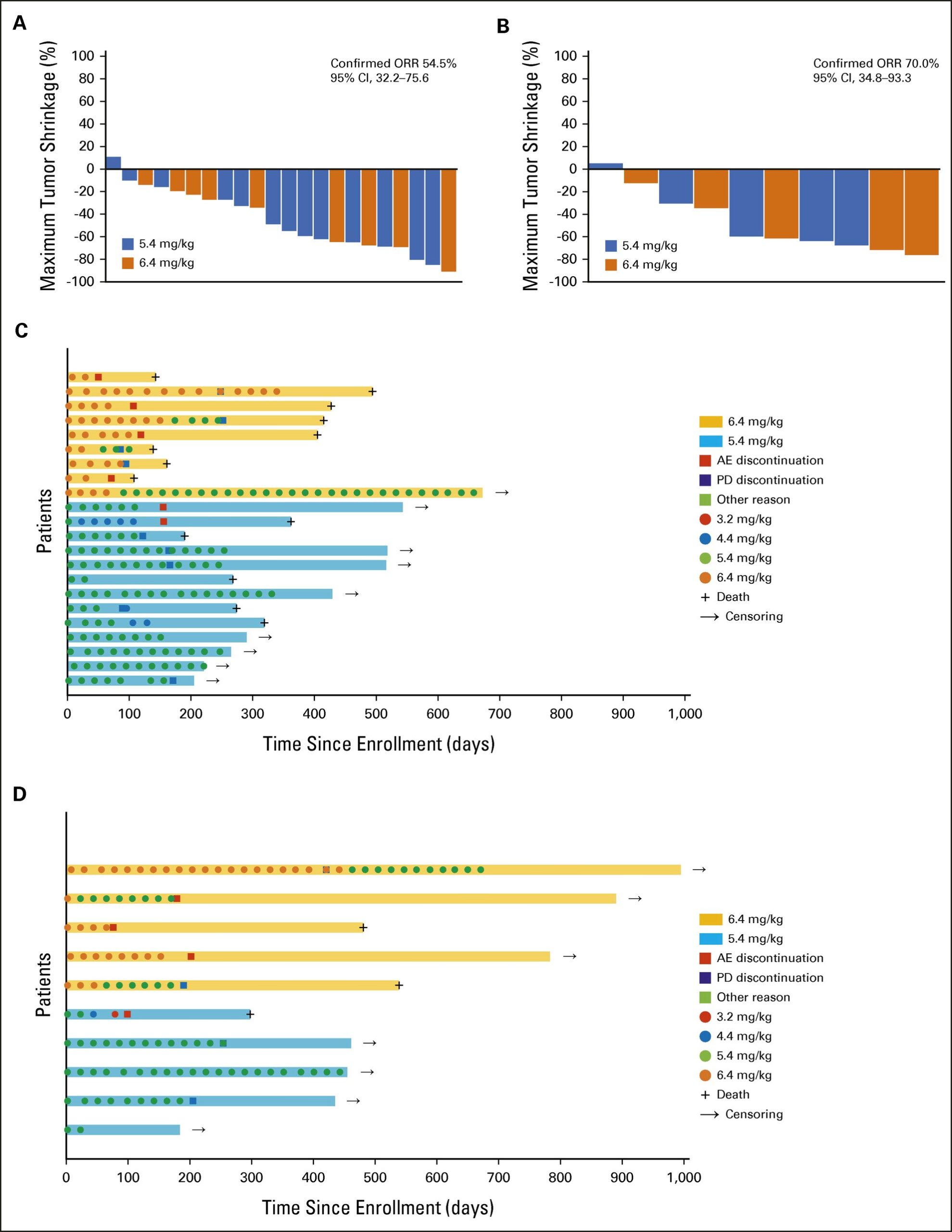Department of Medical Oncology
Clinical practice
In our practice, we emphasize helping patients better understand their cancer condition and treatment, and on involving them in their treatment in keeping with our mission as a research hospital. When creating a treatment plan, we will propose the best possible treatment plan from a comprehensive viewpoint, while maintaining close communication with relevant physicians in departments, such as breast surgery, diagnostic radiology, radiation oncology, plastic and reconstructive surgery, orthopedic surgery, neurosurgery, pathology, and palliative medicine. We are also actively engaged in clinical trials of anticancer drugs and have access to a wide range of drugs that have not yet been approved in Japan.
To support patients in continuing to live their daily lives while they receive treatment, we actively collaborate with other professionals, such as pharmacists, nurses, psychiatrists, clinical psychologists, and social workers, to ensure that patients make the most of this professional expertise available to them. We also work closely with the Outpatient Treatment Center, which provides anticancer drug treatment.
Specifically, drug therapy for solid tumors is shifting predominantly to outpatient therapy. We provide outpatient anticancer drug treatment (at our Outpatient Treatment Center) to approximately 8,000 patients per year. To help our patients confidently lead their daily lives while they cope with symptoms of cancer and adverse reactions of cancer treatment, we use clinical pathways and place importance on partnering with other local medical institutions, through organizations, such as the Consultation and Support Centers. We also believe that changes in appearance associated with chemotherapy are a major problem for a patient’s social life. Our department helps the Appearance Support team implement its Appearance Care Program, where staff with expertise in cosmetic care provide support and advice to patients undergoing anticancer drug treatment who have concerns or worries about their cosmetic appearance.
However, in some circumstances we may be unable to treat you at NCCH after your initial appointment, for example, if you are not a good candidate for investigational treatment because you are being treated at another hospital or your condition only requires observation without treatment, or if our hospital is unsuited to handle aspects of your case such as your condition, course, or complications. In such cases, we will ask that you continue medical treatment at the institution that referred you to NCCH.
Especially for patients who have already begun treatment at another hospital, we recommend that you first consult with us through our Second opinion outpatient clinic Service.
In addition to our clinical activities described above, our department is actively engaged in the development of new treatments through various clinical trials, including clinical trials of new drugs (see: “New Drugs and Clinical Trials”). We play a leadership role in multicenter clinical trial groups in Japan, and put great effort into development of new drugs (clinical trials). We also conduct biomarker research to predict response and resistance to drug therapy, as well as basic research to use as evidence for medical policy recommendations regarding cancer. These studies are funded by the following public research grants.




